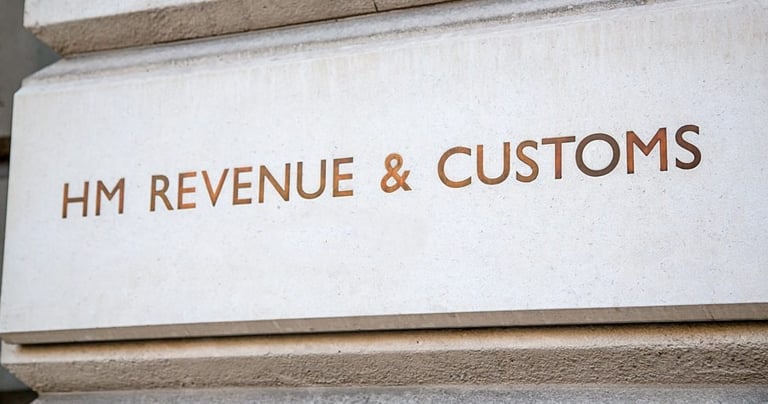HMRC Information Notices: What You Need to Know – Durham Accountant’s Guide
Local Durham accountants explain HMRC Information Notices—what they are, when HMRC can issue them, what you must provide, and how to protect your rights. Know your obligations and avoid penalties.
LOCAL BUSINESSESHMRCINFORMATION NOTICESCOMPLIANCE
The Tax Faculty
7/2/20252 min read


Introducing the HMRC Information Notice
As Durham-based accountants, we often hear from local business owners and self-employed individuals how unsettling HMRC’s Information Notices can feel. It’s not just a letter—it can seem like a knock at your door from the tax office, stirring anxiety as you juggle daily life and work in County Durham’s vibrant communities.
Understanding exactly what an HMRC Information Notice is, when HMRC can issue one, and what you legally need to provide is essential. Issued under Schedule 36 of the Finance Act 2008, these notices compel you—or even third parties like your bank or accountant—to disclose documents or information “reasonably required” to check your tax affairs
Though HMRC holds strong powers, they remain limited—and knowing where to challenge or comply can protect your rights and prevent unnecessary disruption.
What is an HMRC Information Notice?
An HMRC Information Notice is a formal written request issued under Schedule 36 of the Finance Act 2008, compelling you—or even your bank or accountant—to provide documents or information “reasonably required” to verify your tax position.
Types of Information Notices
Taxpayer Notices: Sent directly to you, the taxpayer
Third-Party Notices: Issued to individuals like accountants or bookkeepers .
Financial Institution Notices: Directed at banks or payment providers to share your financial records

When Can HMRC Send One?
HMRC can only issue a notice if one or more conditions apply
There is an open enquiry into your tax return.
They suspect under-assessment, or relief has been over-claimed.
The info relates to another tax or repayment/deduction.
Plus, any documents over six years old usually fall outside HMRC's reach—unless they can justify why they’re needed
Your Obligations and Deadlines
Provide documents only if they’re reasonably required.
Notice will state a deadline—typically 30 days, though HMRC may consider extensions.
Miss the deadline? Expect fines of at least £300, plus continuing daily penalties.
Know & Use Your Rights
You can appeal within 30 days if a notice seems excessive or unjustified
Documents under legal professional privilege (e.g. confidential tax advice) are off-limits .
If it feels like a broad “fishing expedition,” challenge it—HMRC officers can’t just guess what’s needed.
Top Tips from Durham’s Tax Advisors
Tip Why It Matters
Analyse every request Does it relate directly to your tax enquiry? If not, challenge.
Ask for more time HMRC often grants extensions if you’re co-operative
Pay heed to privilege Don’t reveal confidential legal advice unintentionally .
Record and respond Keep clear records of what you submit and when.
Seek local expert help Durham-based accountants are familiar with HMRC quirks and can act fast.
Final Word
Understanding and responding correctly to an HMRC Information Notice is critical. With the right advice, you only provide what's legally needed—no more, no less—while protecting your rights and minimising penalties. If in doubt, speak to Durham accountants who deal with HMRC daily.
👉 Need help responding to an HMRC Information Notice? Contact The Tax Faculty: Your trusted accountants in Durham. We’re local experts—fast to respond, ready to defend your position, and here to ensure HMRC stays in scope, not in your inbox.
The Tax Faculty LLP - info@thetaxfaculty.co.uk
Call us on 0800 0016 878 for a free consultation
Copyright © 2025 The Tax Faculty LLP - All Rights Reserved
